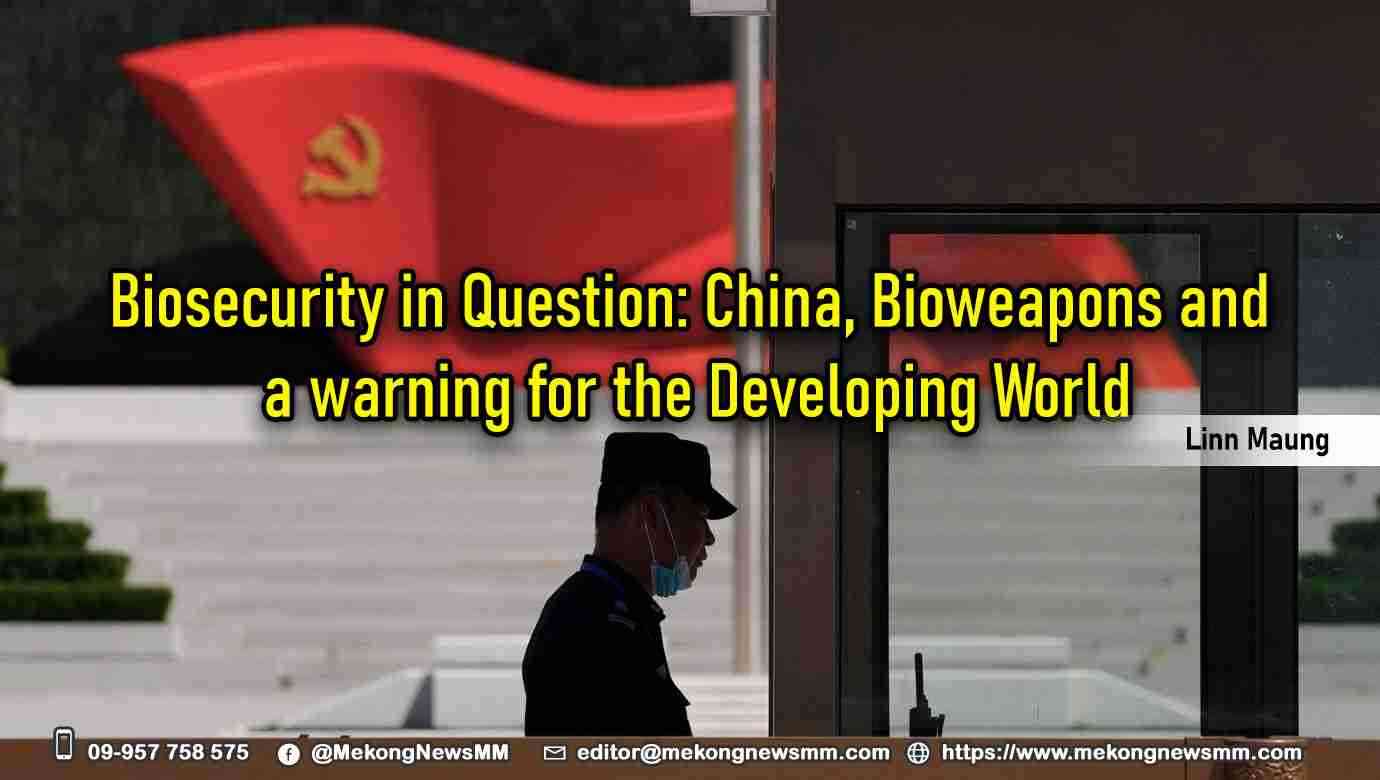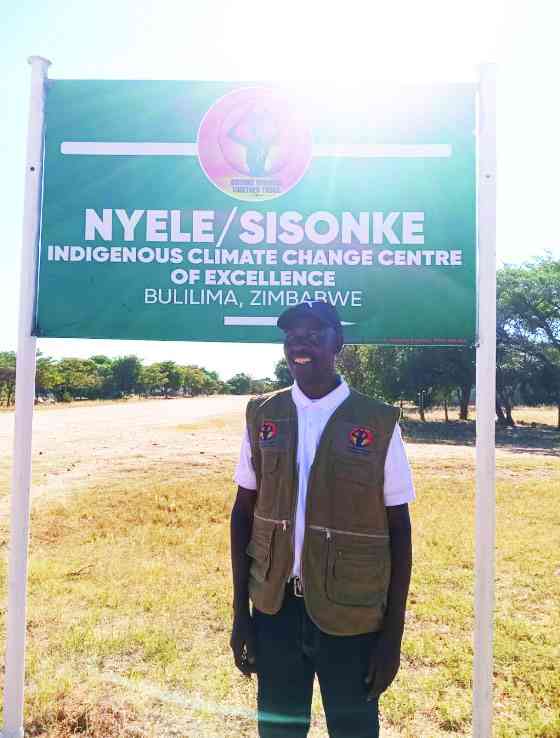
Earlier this month, U.S. federal authorities revealed the arrest of multiple Chinese nationals involved in the illegal transport of biological materials into the United States. Attributed to the potentially devastating agricultural pathogen, Fusarium graminearum, a fungus known for attacking essential grains such as wheat, rice, and maize, China’s involvement with bio weapons has once again gained spotlight. This pathogen, widely studied in agronomic and bioterrorism circles, produces a toxin that can damage the liver, impair reproductive health, and cause severe illness in both animals and humans. Its introduction, even in small quantities, could cripple a country’s food supply chain, making it a viable tool for agroterrorism. That is precisely why the unauthorized transfer of such materials has sparked concern, not just in the United States, but across the developing world.
Among the individuals arrested were researchers Yunqing Jian and Zunyong Liu, who were associated with a lab at the University of Michigan. Prosecutors allege that they conspired to bring Fusarium samples into the country and planned to cultivate the pathogen in their host lab. Investigations uncovered incriminating messages on WeChat, indicating clear intent to bypass regulations and procedures. Around the same time, a separate case surfaced involving Chengxuan Han, a PhD student from Wuhan, who attempted to ship roundworm-related biological material into the U.S. Han allegedly mis declared the material’s contents and wiped data from her phone before customs inspection. While neither has yet been declared of malicious intent, the pattern of behaviour such as clandestine transfers, evasion of customs and failure to report sensitive material raises urgent questions about biosecurity, international research oversight and the Chinese-state led links to such emerging cases.
The Developing World’s Exposure
While these events occurred on U.S. soil, they carry direct implications for developing countries, where surveillance infrastructure is weaker and emergency responses are slower. A pathogen like Fusarium graminearum, intentionally or accidentally introduced, could destroy entire harvests in regions heavily reliant on monoculture farming. In nations where wheat or rice forms the backbone of both diet and economy, such an outbreak could lead to food insecurity, social unrest, and economic collapse. Importantly, these countries often lack the capacity to rapidly identify and contain outbreaks of exotic or engineered pathogens. A single incident could cascade into a regional crisis.
Moreover, the asymmetry in biotechnology capacity between nations further amplifies vulnerability. In wealthier countries, strict oversight mechanisms regulate dual-use research—scientific work that has both civilian and military potential. In contrast, the Global South struggles to enforce even baseline biosafety norms. Academic partnerships, while immensely valuable, become vectors for exploitation if oversight is lacking. The risk is not just theoretical. A foreign researcher could introduce a modified crop disease into a host country’s agricultural system under the guise of a research project, causing devastating long-term damage without firing a single shot.
There is also the broader issue of trust erosion in scientific collaboration. As tensions between the U.S. and China spill over into academic domains, developing countries will find themselves as contest grounds for Chinese experiments. The increasing suspicion of Chinese researchers in Western labs could also lead to sweeping restrictions that limit Chinese collaboration. In response, they may seek alternative arrangements that do not always align with ethical or transparent research practices that in turn will be detrimental for the overall safety and ethical use of such elements.
Lessons for Biosecurity Governance
The cases involving these Chinese nationals should therefore serve as a wake-up call for all countries; but specifically, for those in the developing world. Regulatory mechanisms thus must evolve to meet the geo-political realities of 21st-century science as well as China’s malicious attempt to disrupt scientific practices for political gains. Such a preparedness would includes improving customs training to detect and assess biological materials, investing in national pathogen registries, and equipping agricultural and health agencies with tools to monitor and respond to biosafety threats. Regional organizations, such as the African Union or ASEAN, could play a leading role by setting cross-border standards and enabling early warning systems.
The latest incidents may not point to an imminent bioweapons program, but they reveal how vulnerable present systems are to misuse, negligence and geopolitical manipulation by adversarial powers such as Beijing. Developing nations, with their often-fragile biosafety regimes and agricultural dependencies, cannot afford to overlook these warning signs. A fungus cultivated in a foreign lab, a pathogen slipped through airport customs, or an unregulated academic exchange, all can have real and far-reaching consequences. Vigilance, investment, and international cooperation must form the cornerstone of a new era of biosecurity that is increasingly being threatened by revisionist powers.







